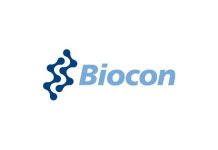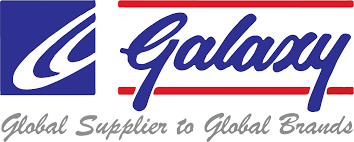Galaxy Surfactants Ltd., a global leader in performance and specialty chemicals, is taking major strides in sustainability by integrating recycled plastics into its industrial packaging. This initiative reinforces the company’s long-standing commitment to environmental stewardship and responsible manufacturing.
Embracing the Circular Economy
As part of its broader circular economy strategy, Galaxy aims to reduce plastic usage, promote recycling, conserve natural resources, and drive sustainable practices across the industry. One of its key steps includes the use of Post-Consumer Resin (PCR) in large-scale industrial packaging. However, introducing PCR at this level presents significant technological challenges—especially around quality and contamination risks.
Tackling Quality and Contamination Challenges
Given that Galaxy’s products are used in personal care applications, maintaining the highest safety and quality standards is essential. Contamination through packaging could compromise product integrity. To address this, Galaxy collaborated with supply partners and successfully developed a novel technique that eliminates contamination risks while supporting sustainable packaging goals. Additionally, limited availability and improper segregation of quality PCR in the market posed hurdles, which the company overcame through strategic vendor partnerships and innovation.
Measurable Environmental Impact
As per the press release, Galaxy’s shift to sustainable packaging has already made a measurable difference. Over the last three years, the company has reduced and reused more than 37,000 kg of plastic, leading to a reduction of 113,067 kg of CO₂ equivalent emissions. These results reflect Galaxy’s proactive efforts to minimize its environmental footprint through smart packaging choices.
Addressing a Global Waste Crisis
Plastic waste continues to be a global environmental threat, with millions of tons discarded each year. Galaxy Surfactants circular economy approach focuses on reducing waste, reusing materials, and limiting the need for virgin plastic. The company works closely with vendors and plastic re-processors. Together, they develop innovative solutions that enhance sustainability and drive industry change.
































